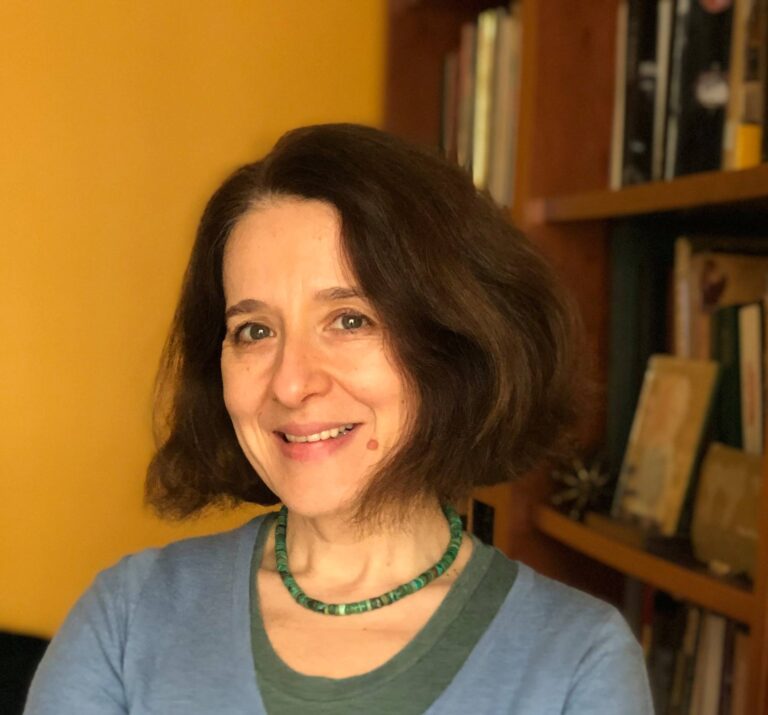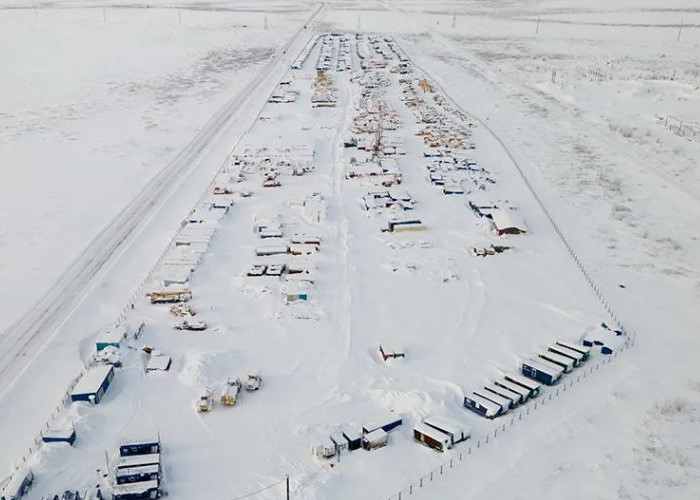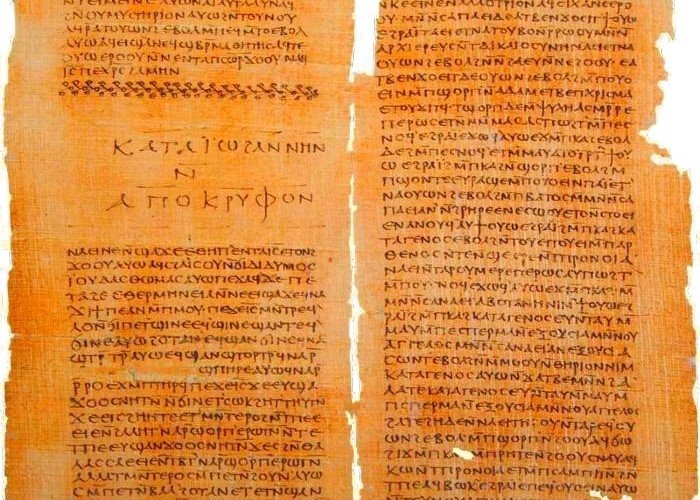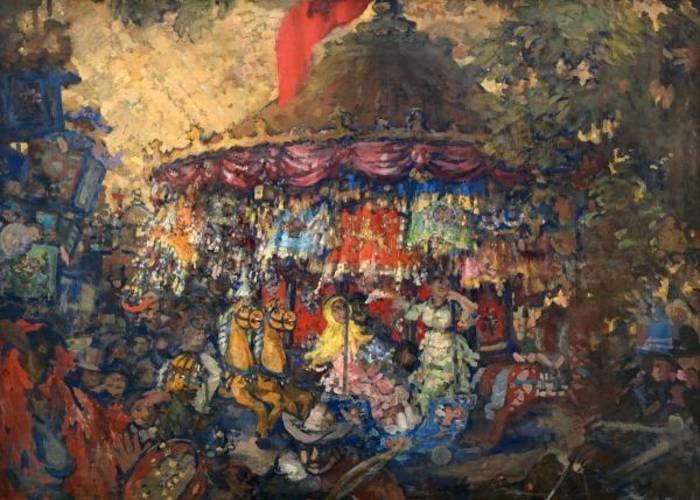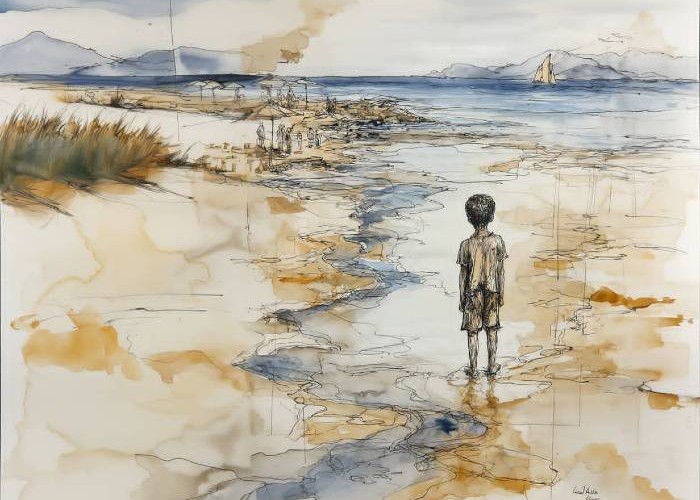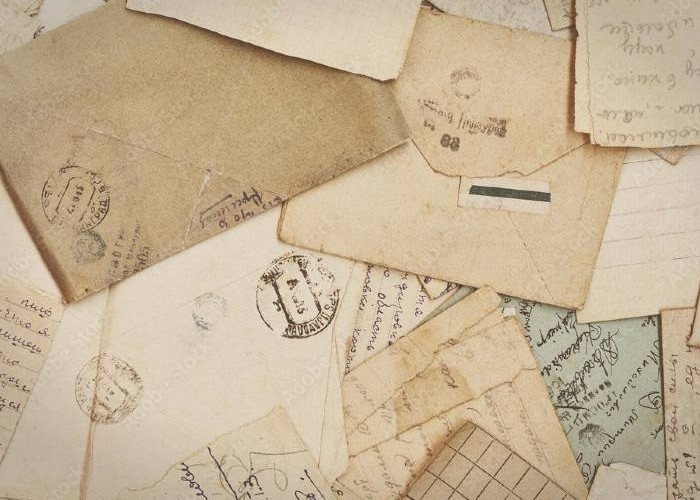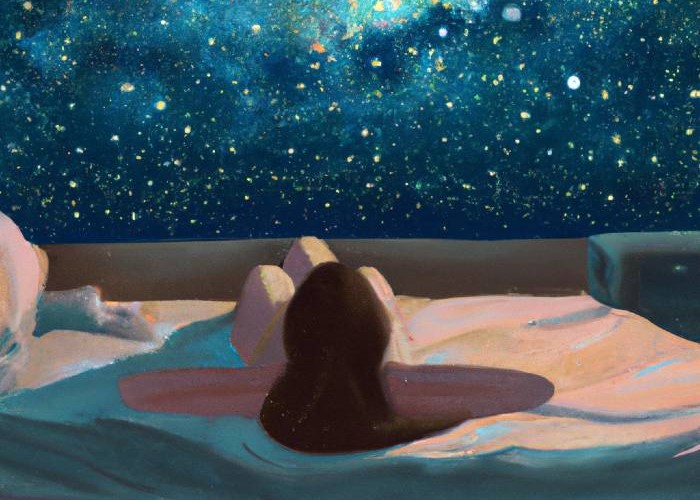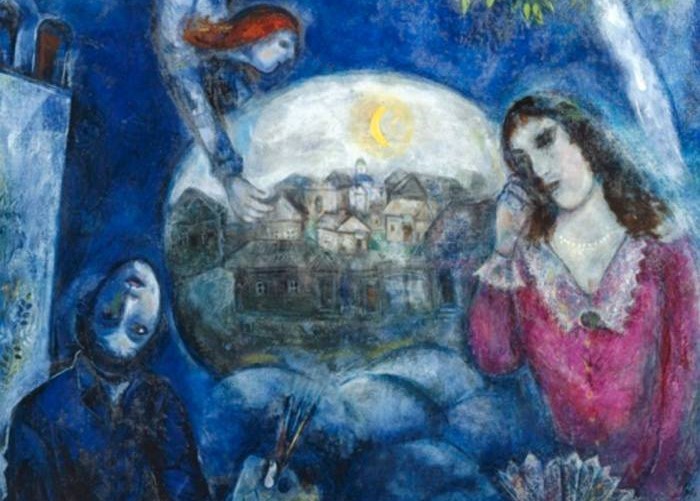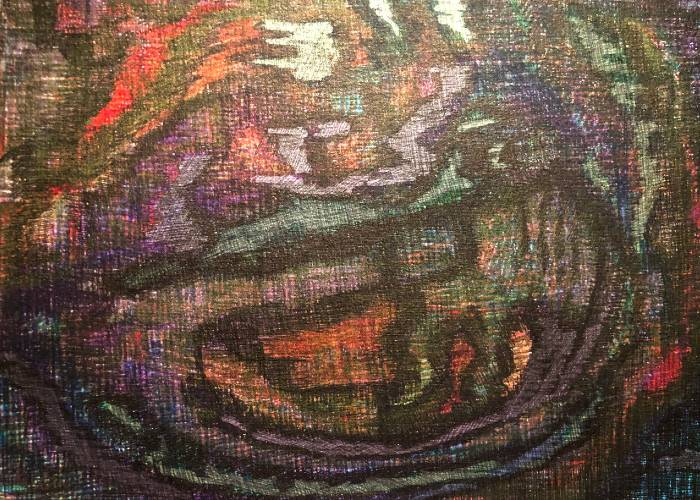Bubble sits up with difficulty. He’s afraid he might roll away. He is Bubble. Bubble has no face. That’s just the kind of creature he is, without a face. A creature without essence. He is empty, he is afraid. Puncture him and he will deflate. He is Bubble. He’s nobody. No one loves him. He is nobody. He does not exist. He has only fear – that he will roll away. And he has their fear of him. He does not speak, he hisses: he has no mouth. He does not smile. He does not look: he has no eyes. He cannot see. No nose: he cannot breathe. Bubble has no face, only a mask. If he puts it on, it will look like he has a face. But he does not.
You are faceless, Bubble.
How to recognize you, Bubble, if you are faceless?
What to call you?
A faceless man cannot be recognized.
Yes, he can be: he who has seen the Faceless One knows him by his deeds, by that grimace of his loose-fitting mask, by his empty eyes, by that wheezing of his mouthless one, by those swollen cheeks of the legless one, by the hiss of his Bubble – the herald of his deflating.
Whether he deflates or bursts, the stench will go all over the land. This is him, the sign of him, that stench is his work. For inside the Bubble is rottenness.
Inside the Bubble are stench and mold. By your stench, Bubble, we know you.
For thy name is hunger.
For thy name is separation.
For thy name is homelessness.
For thy name is pain.
For thy name is death.
We know your names now, Bubble. We can call your name. Until this moment, we didn’t know what to call you, you who carried pain, fear, death. But now we have named you. But now we have known you. But now we have rebelled against your stench, Bubble.
For thy name is Void.
We have known you and now we see you as you are.
Go away, Scarecrow! We recognize you because there is a Face, a multitude of Faces, standing against you. The Face of Man seems scary to Bubble. If the Face of Man and the Bubble’s Bubble are side by side, the one who sees them will not be able not to tell which is which. He who sees them will say: here is the Face of a living Man, and here is the Bubble’s Bubble, here is the pale weakness of his Emptiness.
Inside the Bubble are emptiness and death. Inside the Face is life. The Face shines with life.
“I am dead, and you all will be like me,” hisses Bubble. “I am empty inside, and you will all be empty inside. And you, and in you, there will be no life. There will be no more faces. There will be nothing to compare my emptiness with. I will be unrecognizable.
And the Bubble goes to war with Man.
But we will not surrender!
We know the guts of Bubble. Now every child can guess it, every child knows its gut and smells its stench. Says the child:
– Die, Bubble! Burst, Bubble! Die, Bubble! Shut up, Bubble! Get poked, Bubble! Deflate and fall in on yourself!
Arise the living with Faces, awake, the dead!
Arise the innocent victims!
Banish Bubble from your land!
Pierce him, people. Let the world be done with this filth.
Look, here’s a bakery, a man is selling bread, a man is buying a sweet pie. Here’s a woman watering geraniums. Here’s a man walking his dog. Here’s an old man in a park on a bench. Here are people gathered together at a table; they seem to be playing a game of chess. Here is a Man with the Face sweeping a path. How detailed it all is, how visible is every little thing, how not at all grandiose it all is, not parade-like at all, how unremarkable. How many things to do each day just to go on: to cook, to dress, to fix, to pick up from school, to sew, to teach, to learn, to not forget to warn, to tell:
– Did you remember to take water with you? Take an umbrella, it looks like rain.
People, you, the ones with Faces, there’s so much we the living need to do for life – to come in, to fetch, to correct, to tuck in, to support.
While Bubble doesn’t need anything. He doesn’t need people. People get in his way. He has death inside. He has death on the outside. There is no one there at all.
There is only appearance.
People, do not listen to Bubble when he’s telling you: go where the Faces are, spit in them, shit on them, stomp on them, cut them up, beat them up. Do not listen to him, People or you yourself will turn into bubbles. Save your faces, save our faces, save people’s faces.
Have pity on people! Crush Bubble!
Translated from the Russian
